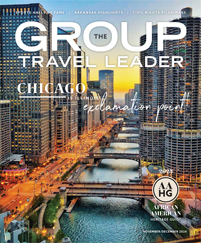Atlantic City
1 Convention Boulevard
Atlantic City, New Jersey, 08401
Atlantic City, New Jersey, 08401
Is your city or state currently open for group business?
Yes
What restrictions or limitations are currently in effect in your state?
Currently all hotels, casinos, attractions are all open and Restaurants have outdoor dining and as of 8/4/20 will have indoor dining at a 25% capacity, all attractions and shopping are open and all are following social distancing guidelines. To check to see the State Travel Advisory Restriction list : https://covid19.nj.gov/faqs/nj-information/travel-and-transportation/which-states-are-on-the-travel-advisory-list-are-there-travel-restrictions-to-or-from-new-jersey
Do you have a dedicated page on your website for tour operators that lists the current opening schedules and capacity limits?











